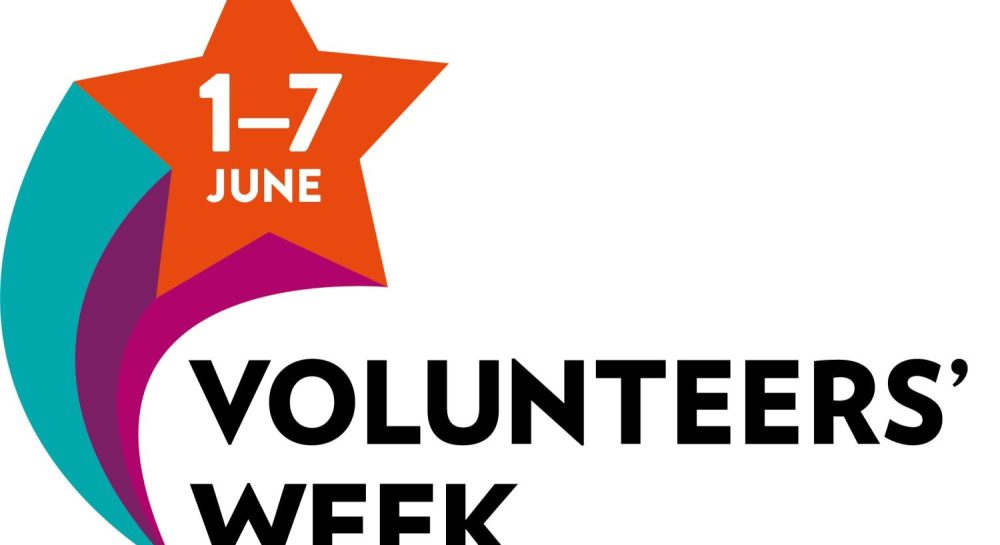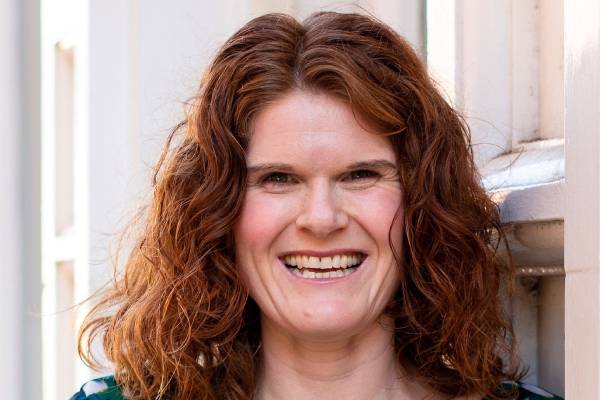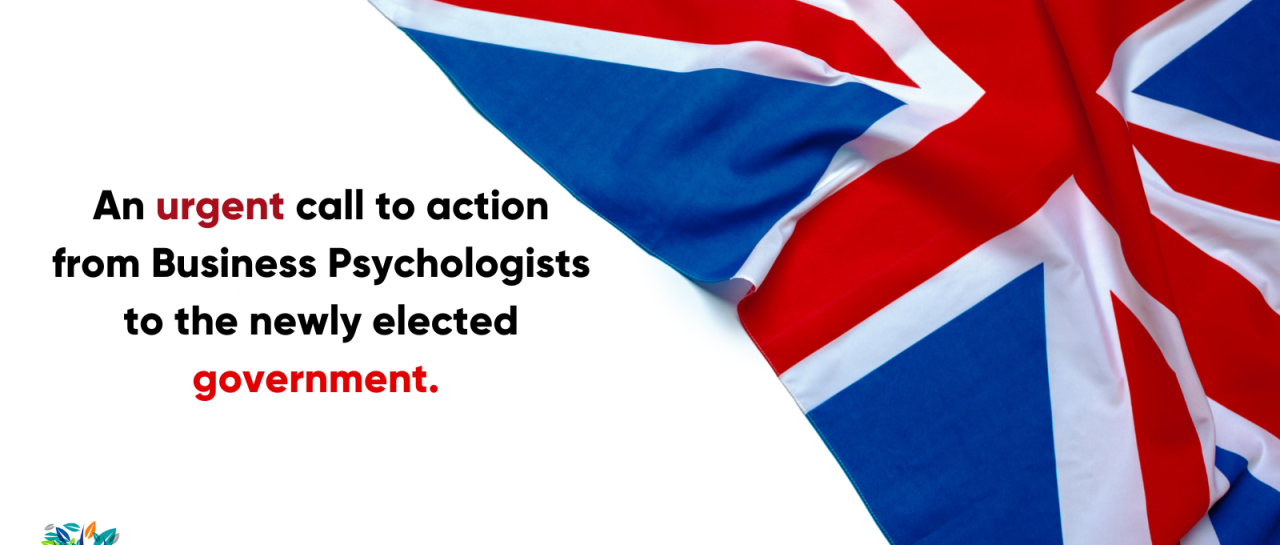Authored by Certified Business Psychologist Laura Howard. Certified Business Psychologist, Laura Howard, reflects on the webinar she recently delivered to ABP members. Below she outlines the main findings of her published research uncovering systematic barriers women face when being authentic as leaders. Importantly, she gives…

During Volunteers Week, we should celebrate and congratulate a shining example of a volunteer led organisation, who have had to work harder during the Pandemic to support individuals.
I have recently had reason to examine the support provision for alcohol dependency in my local authority because a loved one’s occasional tipple had become more than the odd hangover. Our local (award-winning) community service waiting list was hopeless (demonstrating that award-winning is not synonymous with ‘available’). I was thus resolved to succeed at turning myself as the world’s ‘leading authority’ on alcohol rehabilitation, with a side hustle of forensic behavioural scientist (so that I might keep three steps ahead of the chaos monkey that is addiction).
This may feel like an unlikely if not in fact jarring preamble into volunteering week but stay with me.
During 2020 there commenced a significant and sustained increase in the purchase of alcohol outside of licenced premises- in other words the supermarket. Sales increased by 25%, beer purchases went up by 31%, spirits (+26%), wine (+19%). Then followed admissions to hospital for alcoholic liver disease (an increase of 13.5% from June 2020). In 2020, there was a 20.0% increase in total alcohol specific deaths compared to 2019 with 33.0% of deaths occurred in the most deprived groups. Deaths from mental and behavioural disorders due to alcohol increased by 10.8% (compared to a 1.1% increase between 2018 and 2019), and deaths from alcohol poisoning increased by 15.4% (compared to a decrease of 4.5% between 2018 and 2019) . The British Liver Trust now report a staggering 500% increase in phone calls for support. With those figures it is hard to imagine that colleagues and friends are not in some way connected to someone who is navigating a road less travelled- actually more like a road regularly travelled.
We have the language and processes at work to talk about ‘building back better’, supporting those with long Covid, helping those who have been out of work or furloughed. We cheer them on and support their mental health and wellbeing, their career changes and new business ventures, we provide friendship, personal and in some cases financial support, but with alcohol dependency (the only drug you must explain yourself for not using) the stigma is ubiquitous, disproportionate, and profoundly harmful .
So, what has all this got to do with volunteering? On a particularly low evening, having read my third ‘sober-lit’ book, then scanned Science Direct for yet more new thinking, and then having concluded that I had reached the end of the Internet, I googled Alcoholics Anonymous. Why did that take so long you might wonder? The AA and its supposed spiritual inclinations have always remained somewhat of an unpalatable option for the drink dependent, especially in Irish families. In Ireland there is no middle ground, and the AA has always been a little too close to God bothering. However, after days of banging my head off a brick wall and faced with finding an eye watering £11,000 for 4 weeks in rehab I typed in the words AA. At which point I had to pause to wonder at the magnificent highly co-ordinated global response to pandemic drinking. From ‘Rockers in Recovery’, ‘Hollywood late night / early morning’, ‘lunch time recovery’ and a myriad of instant messaging options or 24-hour online meetings (with new sessions starting every sixty minutes); there is literally something for everyone at any time of the day or night . How is such an all-encompassing support mechanism even possible?
Through a global fellowship of volunteers, who no longer drink and have the capacity to reach out and help an uncontrolled drinker. The glue that binds them together is a peer support that becomes peer-recovery. They show up for each other because someone else showed up for them. They tap into their experiences and knowledge and create a community of recovery that replaces isolation and solitary living with society and being among other people. The religion that the movement was founded on has evolved into personal readiness, the quest for inner truth and understanding, openness and acceptance. In this space volunteering has real impact because it has significance for everyone involved.
In a recent article by the AA, who have been helping alcoholics to recover from alcoholism since 1935, their 2020 membership survey found that there are over 4.2 million attendances at AA meetings each year in the UK. Interestingly the majority of AA members, 58%, are in full-time employment with 26% retired. 58% of AA members are in employment, keeping their jobs, supporting their families and their ambitions whilst working not only through their own dependencies but also reaching out and giving others a fighting chance. With all those figures in mind, we ought to engage in more open and honest conversations about drinking at work and start treating dependency of alcohol and other drugs as less of a disciplinary procedure and more of a health concern that can impact on anyone. Then we can also take more care to support our colleagues meaningfully and openly in their sobriety and in their 24-7 efforts to devote themselves in the support others who are on their journey.
http://connections.edu.au/researchfocus/stigma-addiction-workplace
https://www.alcoholics-anonymous.org.uk/AA-Meetings/Find-a-Meeting/online
Find Support
If you are having a problem with dependency of alcohol or any other drugs, Alcoholics Anonymous provide 24-hour services at the following link.
https://www.alcoholics-anonymous.org.uk/AA-Meetings/Find-a-Meeting/online
The Amy Winehouse Foundation support children and young people to build their self-esteem and resilience and make more informed choices for their lives.
https://amywinehousefoundation.org/
AI-Anon provides support for families of those impacted by alcoholism.
https://www.al-anonuk.org.uk/who-is-it-for/
For me, all those efforts invested in supporting someone else has had me questioning my own drinking behaviours, so I joined the coaching and science based ‘Alcohol Experiment’ , (and it is free). Also I have discovered the joy of Kombucha.
Perhaps give it a try…
https://thisnakedmind.com/programs-training/



